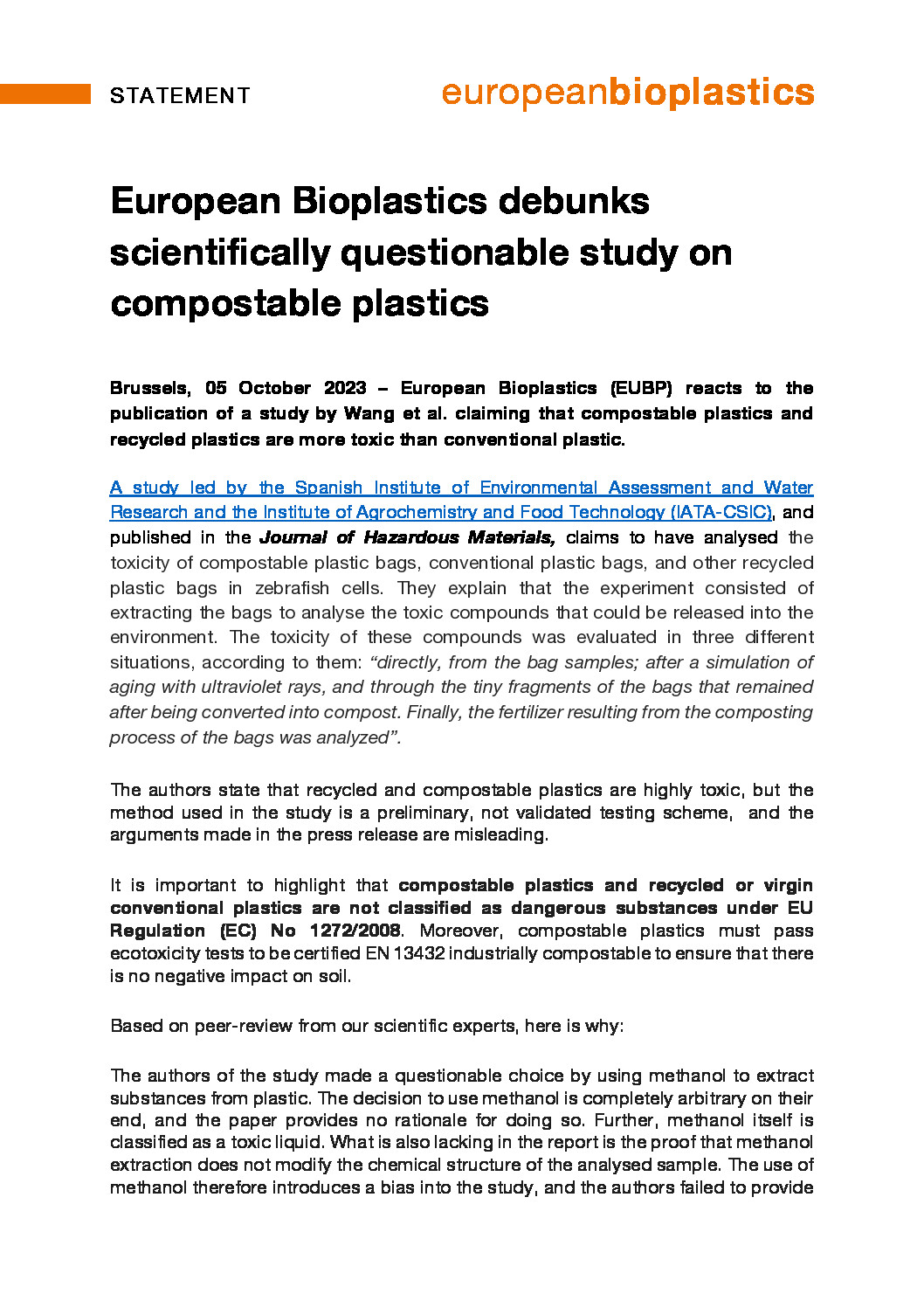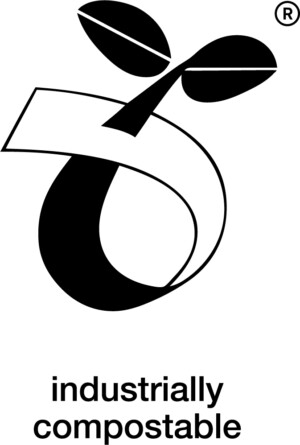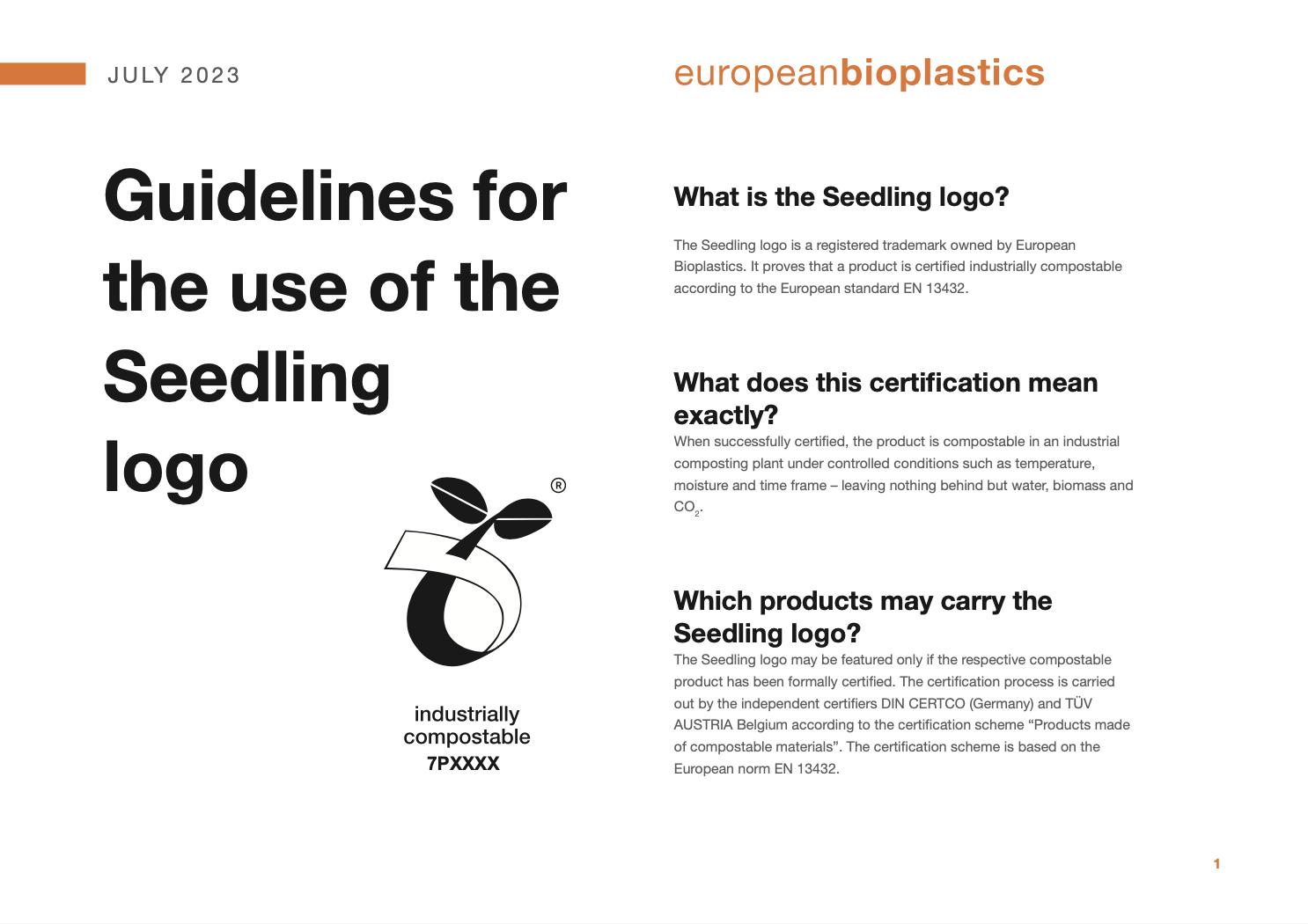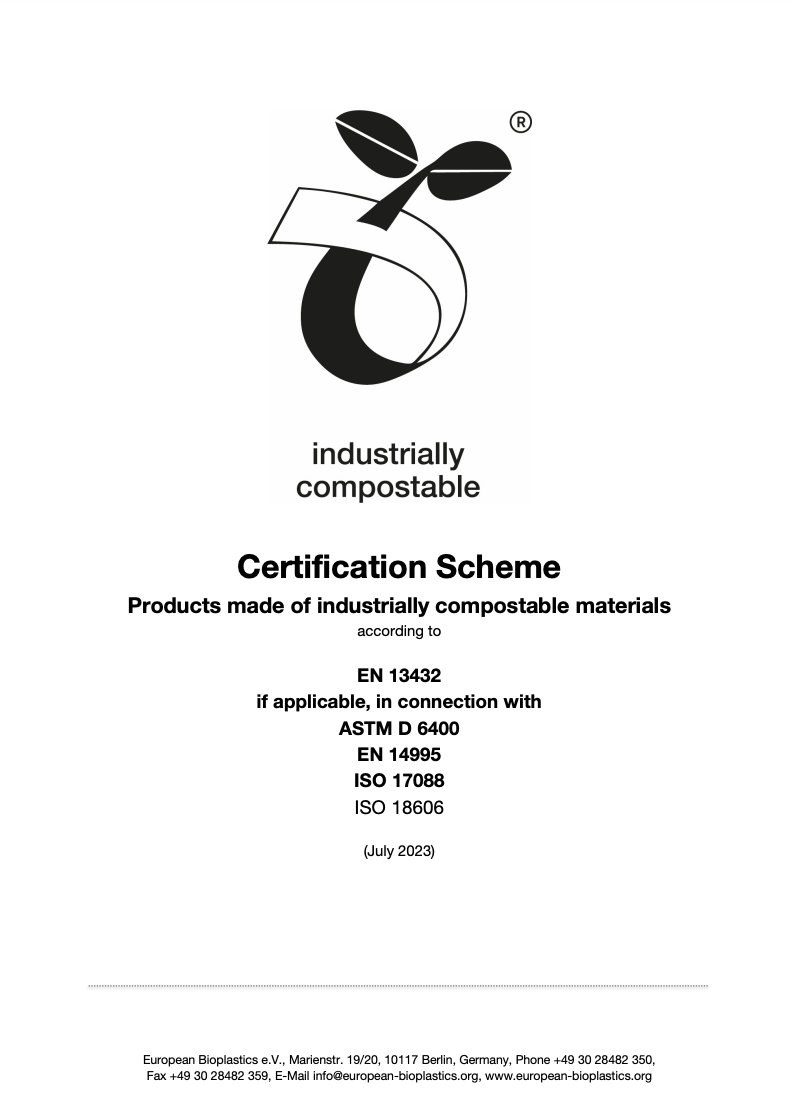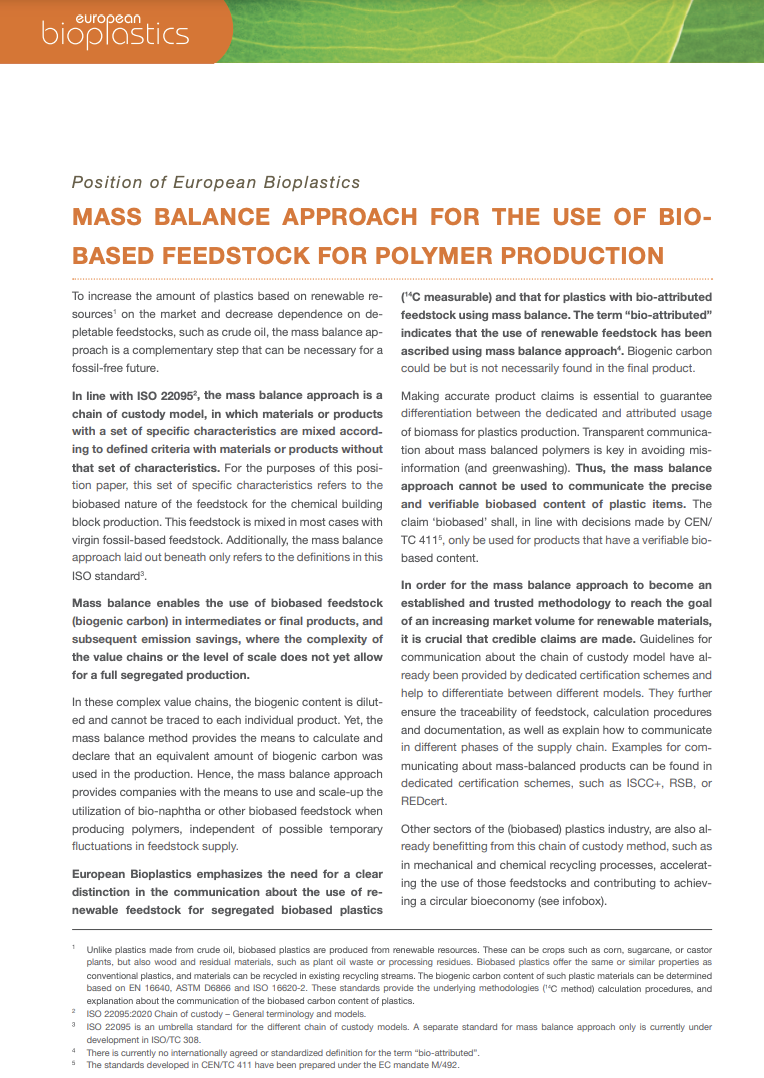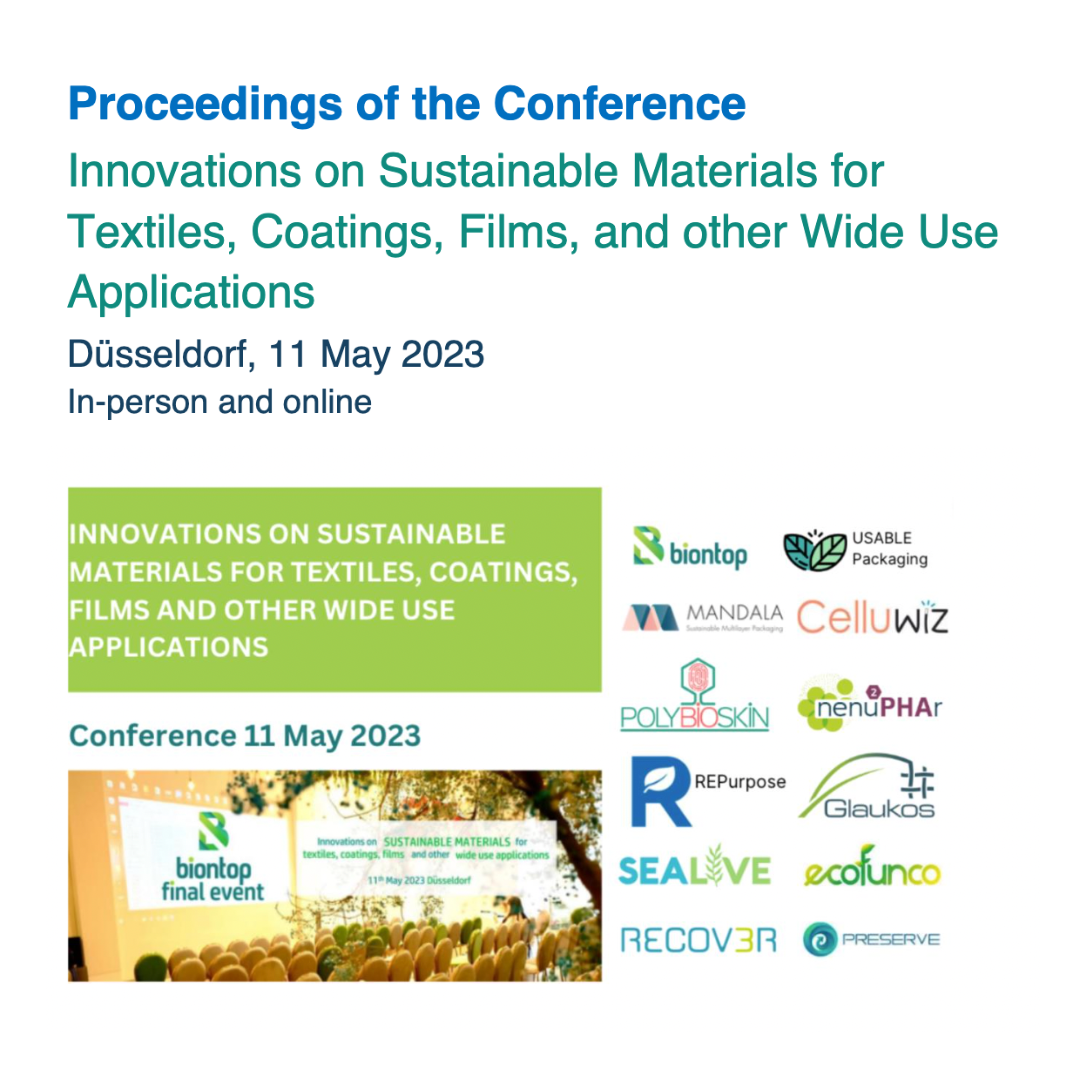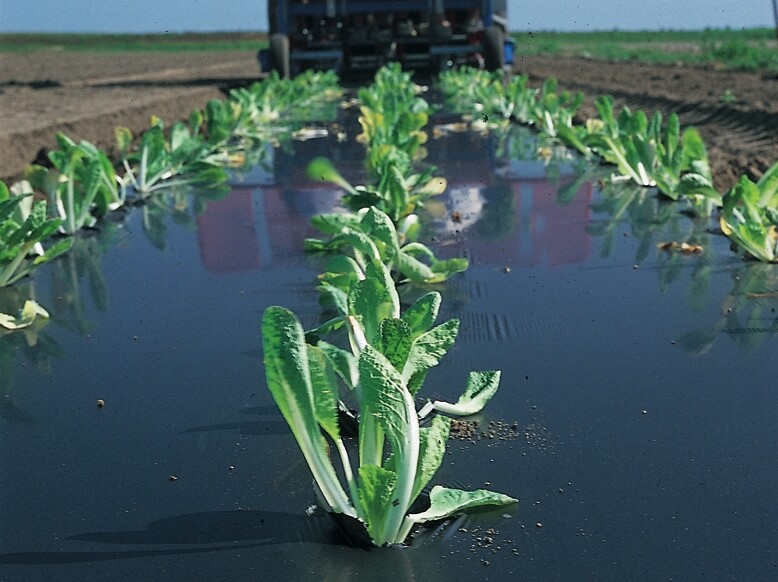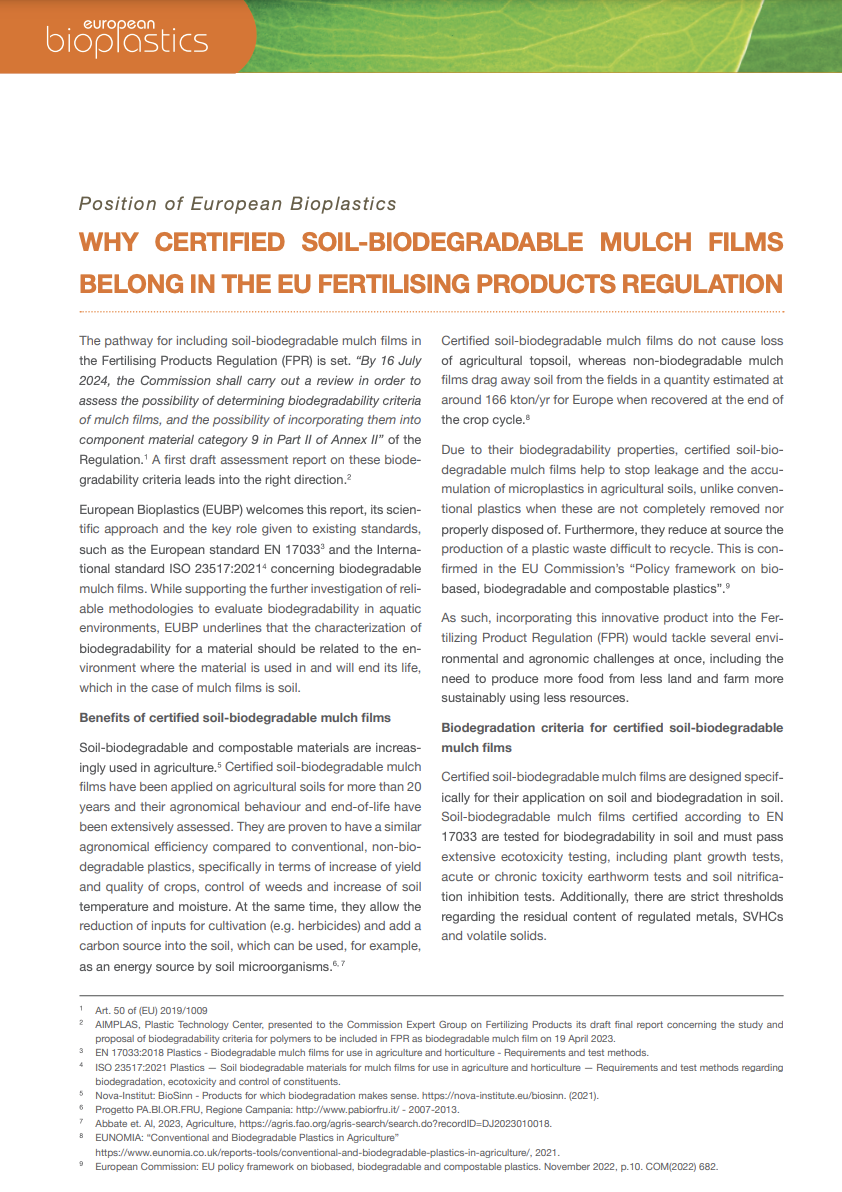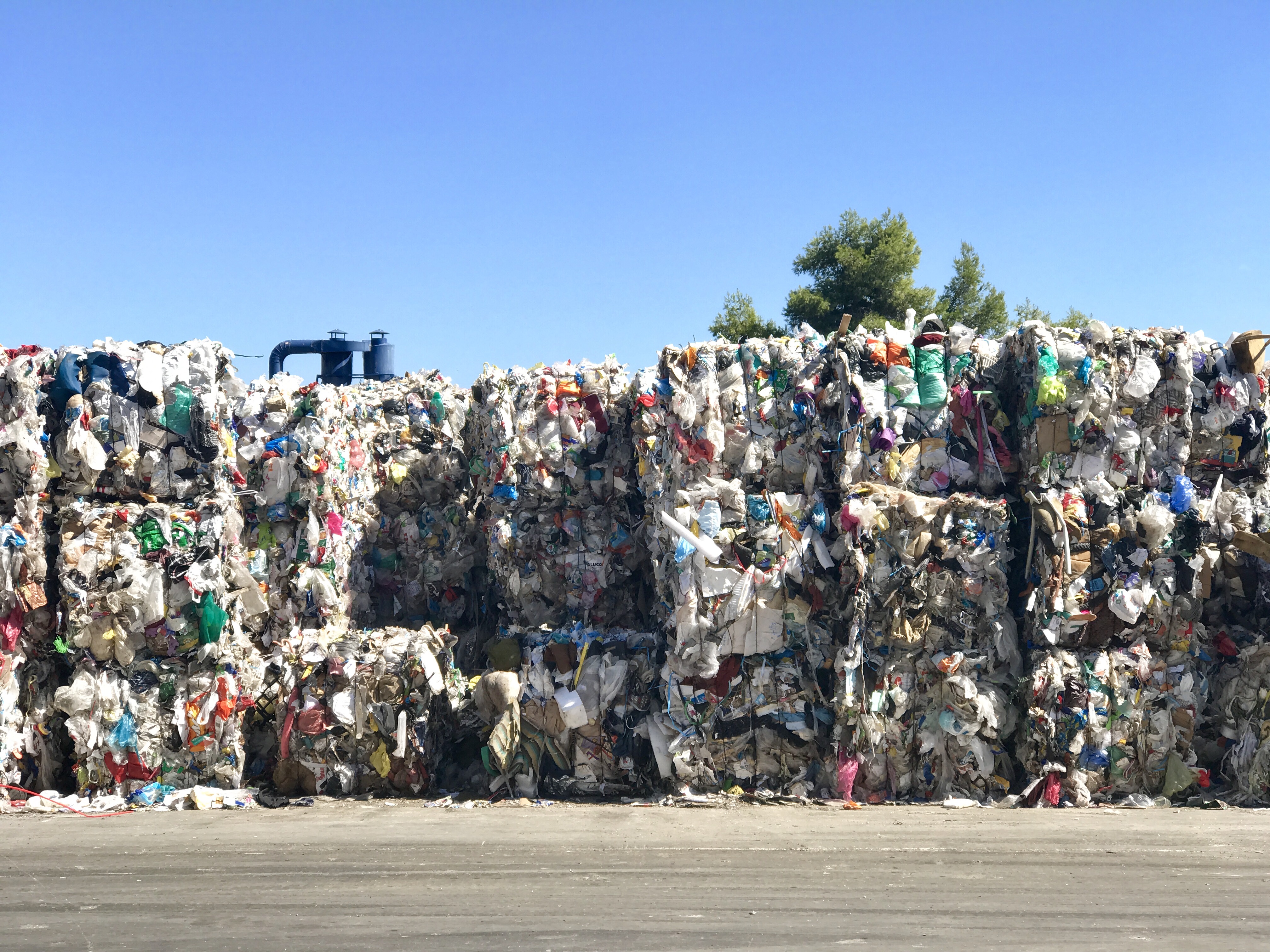Press statement: European Bioplastics debunks scientifically questionable study on compostable plastics
Brussels, 05 October 2023 – European Bioplastics (EUBP) reacts to the publication of a study by Wang et al. claiming that compostable plastics and recycled plastics are more toxic than conventional plastic. A study led by the Spanish Institute of Environmental Assessment and Water Research and the Institute of Agrochemistry and Food Technology (IATA-CSIC), [...]
